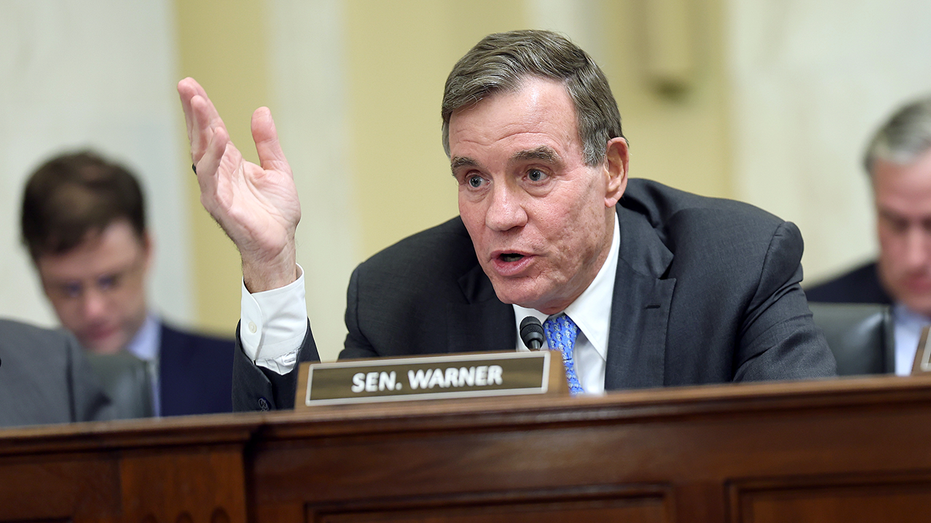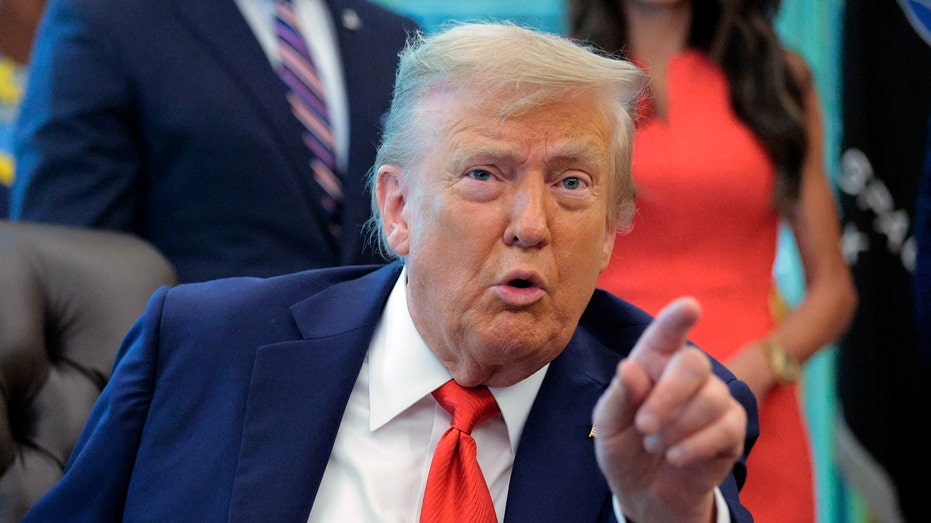The story of Shana Gaviola is a chilling illustration of a justice system seemingly more concerned with self-preservation than with truth. What began as a heartbreaking custody battle has spiraled into a full-blown scandal, exposing alleged judicial misconduct and a disturbing pattern of overreach by federal prosecutors.
Gaviola, a California mother, stands accused of violating a protective order related to her son. The prosecution alleges a conspiracy to remove the child from the state, but the response from the government feels disproportionate, even vindictive. Questions linger: why is this case attracting such intense, and arguably inappropriate, scrutiny from the courts?
The situation took a deeply disturbing turn when Gaviola alleged inappropriate, sexually charged advances from Assistant U.S. Attorney Michael Tierney. The encounter, occurring at a Fresno bar, involved alleged intoxication and persistent unwanted behavior. Instead of a transparent investigation, the entire Eastern District of California – judges and prosecutors alike – was quietly removed from the case, effectively silencing any potential internal accountability.

Gaviola’s legal team fought to dismiss the charges, arguing a blatant violation of her constitutional rights as a parent and a suppression of her religious liberty. The core of their argument centered on her decision to enroll her son in a religious boarding school, a choice they believe was unfairly criminalized. Despite citing relevant Supreme Court precedent, that motion was denied.
A judge initially ordered a change of venue, acknowledging the serious misconduct allegations. However, Chief Judge Troy Nunley controversially reversed that decision, insisting the case remain in Fresno. In an unprecedented move, the Ninth Circuit’s Chief Judge then assigned a judge from Seattle, flown in specifically to preside over the trial, raising concerns about a compromised local bench.
The courtroom remains in Fresno, but the individuals running it are outsiders, brought in because the local system was deemed too tainted to continue. This creates a disturbing image: a trial unfolding under the shadow of alleged corruption and a deliberate attempt to circumvent due process.

Shana’s attorney, George Pallas, is unequivocal in his assessment: “This prosecution is a gross overreach by the federal government, turning a mother’s decision to choose a Christian education for her son into a felony charge.” He argues that Gaviola was simply exercising her fundamental parental rights, yet has been subjected to years of legal battles over a single indictment carrying a potential five-year prison sentence.
Pallas further contends that this is a case of selective and unfair prosecution, weaponizing a civil order to punish a mother for prioritizing her son’s faith-based education. He paints a stark picture of a system that attacks family rights and religious freedom, rather than respecting parental autonomy.
The alleged prosecutorial misconduct is particularly troubling. Tierney, the lead prosecutor, reportedly engaged in an improper, off-the-record conversation with Gaviola at the bar, even urging her to speak with the FBI – all without her legal counsel present. This critical information was never disclosed during discovery, a clear violation of her due process rights and ethical standards.

Evidence of hidden communications, information that should have been disclosed, further fuels concerns about a deliberate attempt to secure a conviction at any cost. The question isn’t simply about a mistake, but about willful behavior that fundamentally taints the entire case.
The Gaviola case isn’t isolated; it’s a warning sign. It demonstrates how easily the government can escalate a family dispute into a federal prosecution and how swiftly it can bury misconduct when it becomes inconvenient. It begs the question: if prosecutors can behave with such impunity, and judges can be so compromised, what hope remains for the average citizen seeking justice?
Shana Gaviola’s fight is a fight for all of us. It’s a battle against a system that appears to have lost its way, a system that prioritizes its own protection over the pursuit of truth and fairness. It’s a stark reminder that a functioning justice system must serve the people, not operate against them.





